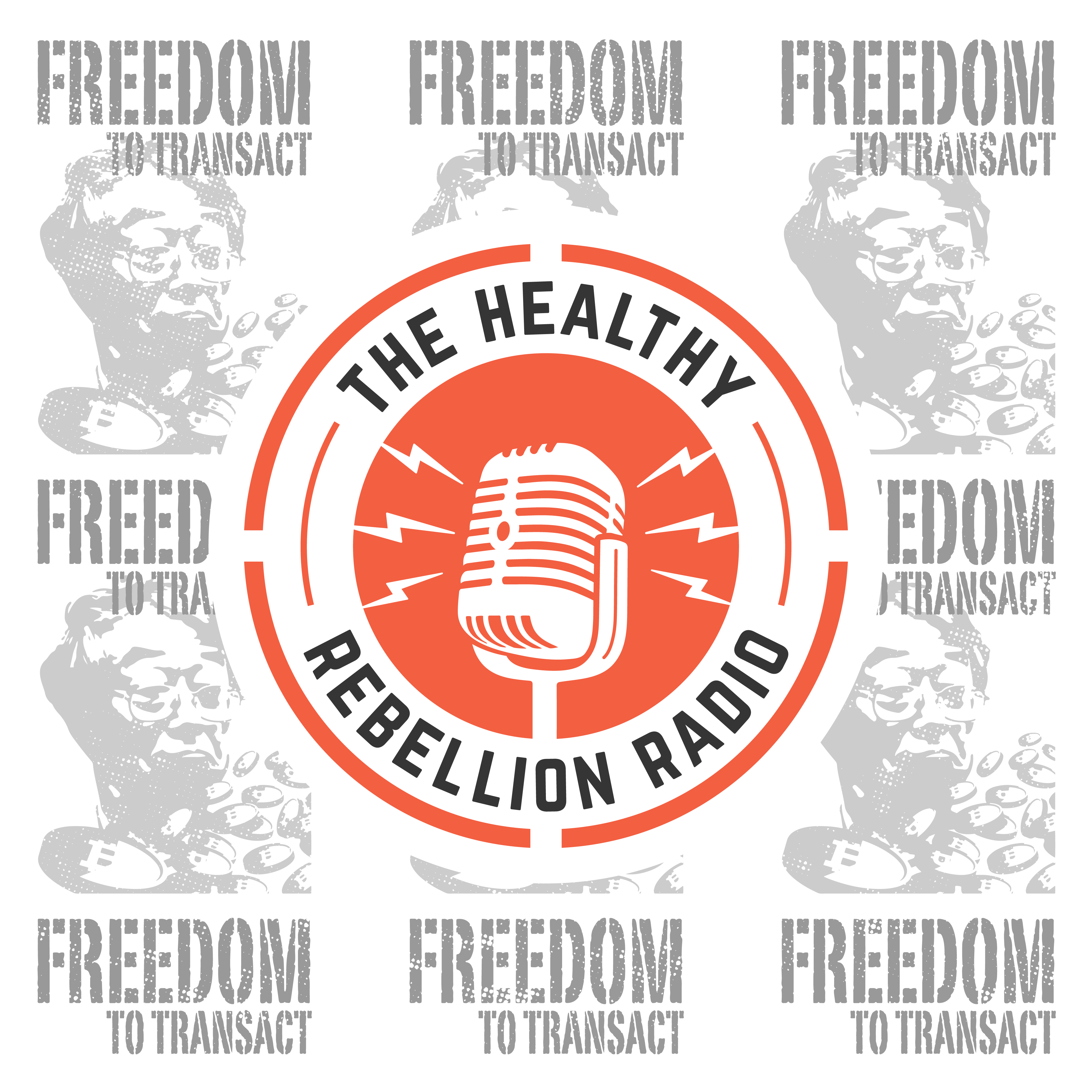Guest post written by: Lucy Hendricks
We live in a society where our minds are going 100 mph, running through thousands of thoughts each day; most of which are completely useless and repetitive. We never have the chance to slow down and chill out. Although, stress is not necessarily a bad thing, you do need to be able to adapt to it and manage it.
At Gym Laird, we try to help people manage their stress with the concept of the Imaginary Stress Cup. All of life’s daily stresses go into the imaginary cup. If you want to look good and feel good, the way you manage your stress can have a big impact on your results.
Most people are aware of the more obvious stressors; sleep, nutrition, family, schedule, job, and lifestyle. However, there is another factor that is often over looked even though it can strongly affect the status of your stress cup. That factor is breathing.
The way you’re breathing RIGHT NOW could be affecting you negatively. Breathing wrong can stuff up your nose and lead to mouth breathing which can actually increase your allergies. Your breath could be the reason you are “carrying your stress” around your neck and shoulder muscles. Improper breathing can even trick your brain into thinking that it’s in a stressful situation.
Trust me; you don’t want to be a hyperventilating mouth breather.
Bad things happen —>
Stuffy Nose
“I can’t breathe through my nose!” or “I’m always congested!” are some of the first responses I get from clients when I tell them about the importance of focusing on their breathing. There’s a reason for congestion, and it could be over-breathing! When you’re breathing too fast your brain will sense it. It will react by sending signals down to you goblet cells to create more mucus in an attempt to slow down your breathing. You’re mouth breathing because you’re congested, but you’re congested because you’re mouth breathing. You need to stop that never ending cycle! I’ve had a few clients who have been able to rid themselves of allergy medications by simply retraining their bodies to breathe properly.
To learn more about allergies and congestion click here and here.
Stiff Shoulders
If you are one of many who suffer from tight neck and shoulders, there is a good chance that it’s connected to the way you’re breathing. Instead of using our powerful diaphragm as our main breathing muscles, our body will compensate and use our accessory muscles to help us breathe. This is good in a fight or flight situation, but your neck muscles are not intended to be your central breathing muscles in everyday situations. People put way too much effort into breathing. If your chest is elevating up towards your face every time you take a breath in, your poor upper traps, scalenes and sternocleidomastoids are getting over worked. Clients with limited shoulder mobility always seem to benefit from breathing exercises. If you slow down your breath, your neck and shoulders will thank you.
Shutting off Your Mind
How long can you go without thinking about anything? Maybe a few seconds before that constant chatter starts reminding you of all the things you need to do that day, what you should have done yesterday, and what you need to do tomorrow. It never stops, and it’s exhausting. If you are constantly over-breathing your mind will find it hard to slow down.
When you are in a stressful situation your mind races, you can’t relax and stop the chatter in your brain. If you’re breathing like you are in a stressful situation, it doesn’t matter what you’re doing, your body and mind will react the same way it would if you were being chased by a tiger. So, slow down your breathing! It will relax your body and help you get some peace.
Focusing on breathing is how I trick my clients into meditating. I always thought meditating was about shutting off your mind, which I find impossible. I also know the chances of my clients finding a quiet place with no distractions for 30 minutes a day is slim to none. Life is busy and stressful with millions of responsibilities, but, by bringing awareness to your breath, you might realize it’s not so bad.
The exercises I give people can be done ANYWHERE. Your kids could be going crazy throwing meat balls on the ceiling and you could meditate. It works because when you focus on breathing you are taking your mind out of the constant, useless, thinking and bring awareness to ONE thing, your breath.
When you find yourself in a stressful situation, notice what happens to your breathing.
It becomes:
- Rapid
- Noisy
- Noticeable, with the chest going up and down.
We’ve retrained our bodies to breathe too much and too fast. Believe it or not, that’s how I see most people breathe all of the time!
Take control of your breathing, don’t let it control you!
I love this quote by Patrick Mckeown from his book Anxiety Free “A still mind enables us to relate far better to life and to live life instead of paying attention to useless thinking”
Now that I’ve brought attention to something you may have never thought of before, it’s time to work on it!
Work on slowing down your breath by:
-Placing your tongue on the roof of the mouth
– Silently and slowly breathe in for 3-4 seconds and out for 5-6, in and out through the nose.
-The goal is to feel slightly hungry for air (Since we’ve retrained our body to breathe too much, and now we want to breathe less and somehow be more efficient with it)
You’ll be amazed the difference this will make. We have our clients practice this for 2-3 minutes before their training session. It helps them calm down after a long day at work, and brings their focus to training.
Lucy Hendricks FMS, Restorative Breathing Coach
breatheandbehappy@wordpress.com
If you want to learn more about nasal breathing and more about how we do things differently at GYM Laird I will attach a few links below:
http://articles.mercola.com/sites/articles/archive/2013/11/24/buteyko-breathing-method.aspx
http://www.buteyko.info/scientific_research.html
http://www.breathing.com/articles/nose-breathing.htm
http://www.livestrong.com/article/255298-mouth-breathing-vs-nasal-breathing/
Also, be sure to check out Jim Laird’s presentation that I helped him with for the upcoming Cube Summit if you are able.
SOURCE: The Paleo Diet – Robb Wolf on Paleolithic nutrition, intermittent fasting, and fitness – Read entire story here.




